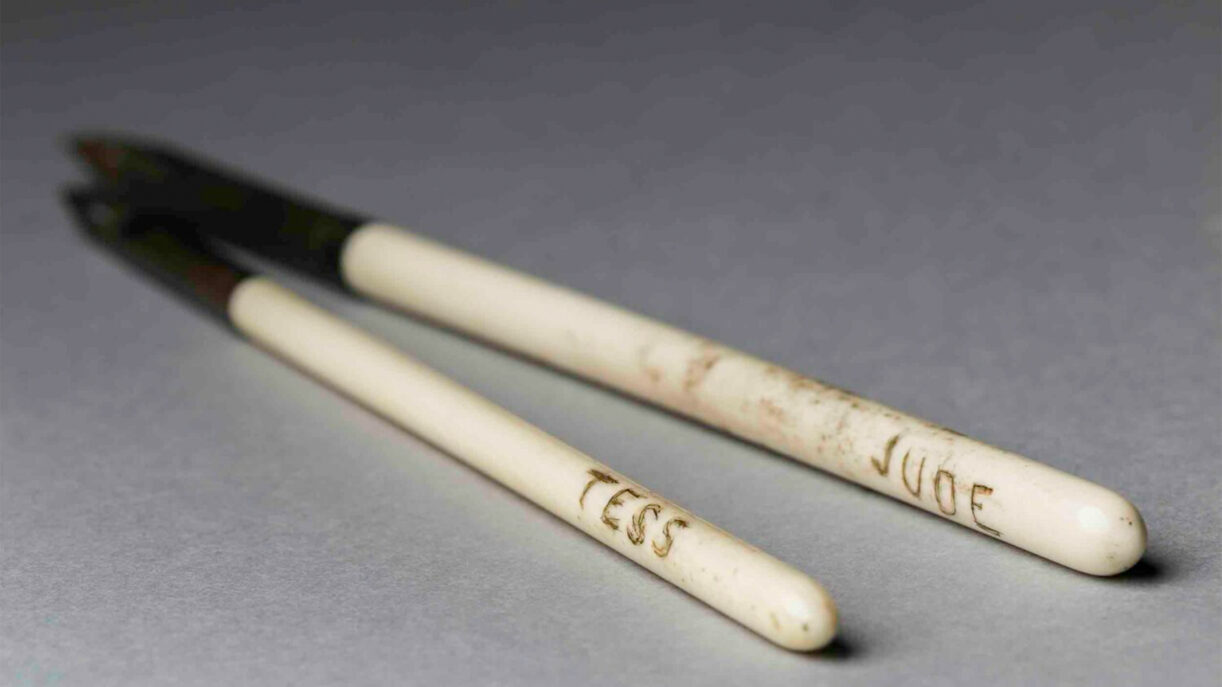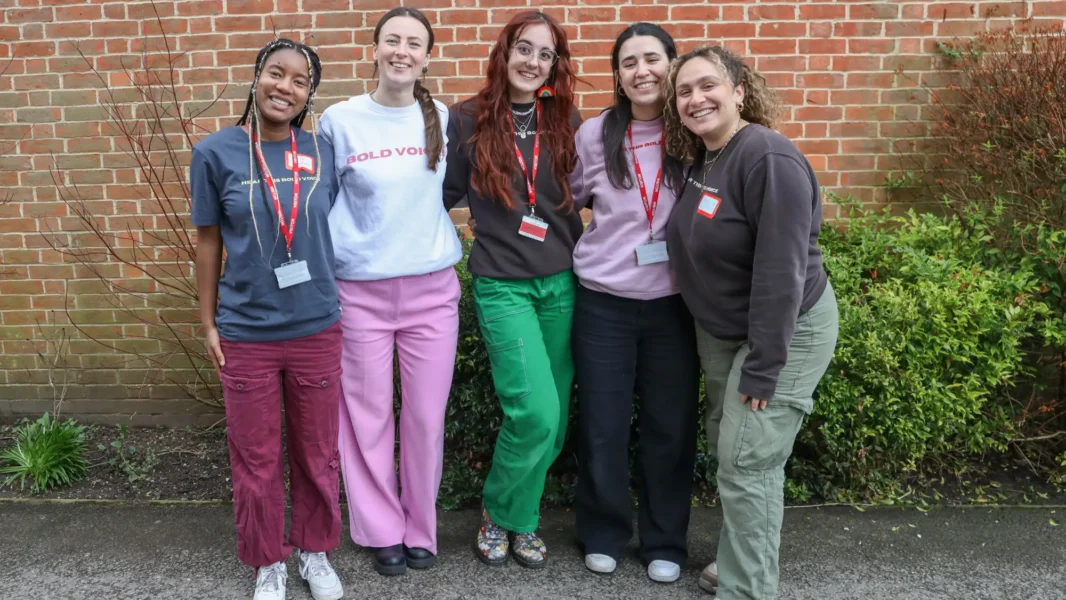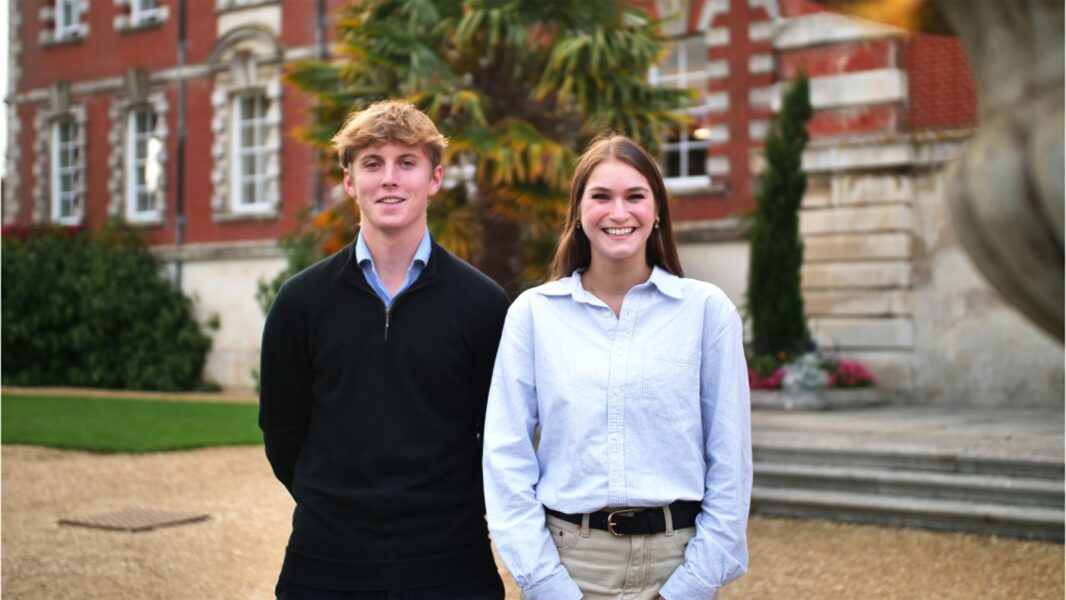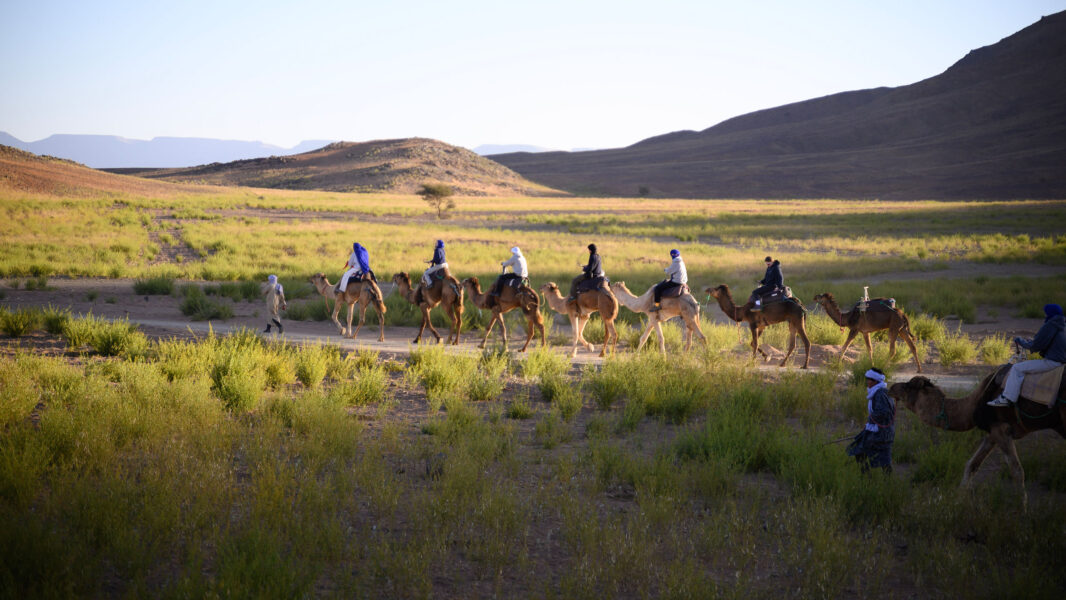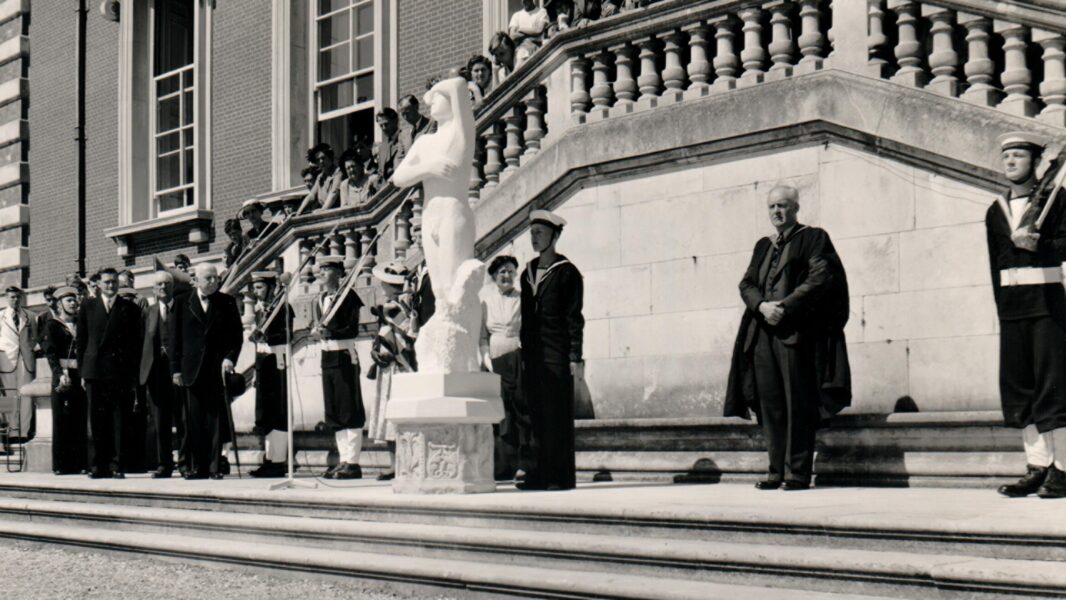In the face of AI, Stephen Davies, Teacher of English and Director of the Bryanston Education Summit (a teaching and learning event that is now in its tenth year), explores the importance of embracing uncertainty and sometimes admitting that you just don’t know…
If you visit The Dorset Museum and make your way upstairs to the Thomas Hardy exhibition, you’ll come across something striking – a pen encased in glass, that once belonged to the famous Dorset author. At the top of the shaft, scratched into the surface, is a single word – “TESS.”
From this, we can see how Hardy didn’t doubt himself. He was confident enough in what he was doing to name his pen after a novel he hadn’t even started writing. That very pen would go on to write, by hand of course, all 150,000 or so words of ‘Tess of the D’Ubervilles’ in 1891. It is an uncharacteristically confident move for an author to inscribe his pen with the name of a story that was then just an idea. In my experience of reading about writers, many wrestle with self-doubt. Naming your pen after a novel you hadn’t yet written would almost be tantamount to bad luck.
Maybe poets are different. John Keats wrote famously in 1817 that creativity, poetry, comes when we are “capable of being in uncertainties, mysteries, doubts.” This notion of ‘doubt’ is something that interests me. Because today, there seem to be too many Thomas Hardys out and not enough John Keatses.
Nobody admits they are wrong anymore. No-one seems to think that not knowing, being uncertain, having doubts, is healthy. It is a sign of weakness. Poor leadership. You must be decisive. You must KNOW you are right. Donald Trump, for example, never doubted that he’d be re-elected. He sends a message to the whole world that the right way to behave is to assert your correctness, even when making stuff up on the spot, and then insult those who think you are wrong. And Elon Musk is much the same. God help us all.
I want to explore, particularly in the context of education, the power of doubt. The power of not knowing. The power of admitting that you were wrong – and that possibly still are wrong. Because if you always believe you are right, there is nothing left to learn. So, a pre-requisite of being able to learn is to accept that you don’t know something. Not knowing is a difficult and uncomfortable space. That’s why so many leaders, politicians, business operators, traders, consultants, advisors and (sadly) educators like to take a position and stick to it. This makes it even more important that we model uncertainty and self-doubt in front of our students.
But wait. As a teacher nowadays, I often find my pronouncements in lessons being fact-checked by some clever-clogs with Google open in front of them – “Actually, sir… they say…” The very presence of the internet, that all-knowing infinite store of facts, can be disconcerting. It is embarrassing to get things wrong – and sometimes I do – especially as a teacher.
The authority in the classroom these days is no longer the teacher, and this changes something that has been a sort-of given since the early days of education. J G Jeffreys, when he founded Bryanston in 1928, perhaps had the foresight to anticipate this. He was progressive. By following ‘the Dalton plan’, a new-fangled way of teaching pioneered in America, Jeffreys wanted Bryanston pupils to find out the answers for themselves, working in ‘Labs’ (now called assignment rooms) and having a week to come up with their longer, research-based, ‘assignments’.
But Jeffreys couldn’t have anticipated AI. Now, ChatGPT can do a seven-day assignment in seconds. You’d think that AI, especially Large Language Models like ChatGPT, would signal the end of doubt. Whereas Google will give you several different sources to look at to find your answer, and you must choose which ones to refer to, ChatGPT writes the answer for you, in a paragraph of immaculate prose. It presents you with no doubt, only absolute certainty. So there goes my theory – that doubt is essential for proper creativity, proper thinking, and proper education. AI will eliminate that doubt and as Stephen Hawking warned, AI could be the best, or worst, thing to happen to humanity.
But the more we engage with AI, the more we realise its flaws. Here I am indebted to the work of Daisy Christodoulou – or rather, her brilliant explanations of her work at a recent education event. And yes, those AI flaws might get eliminated in time, but perhaps they won’t. We have the technology for self-driving cars: they should be safer – computers make fewer errors than humans. And yet, we still don’t fully trust them as much as humans and, when self-driving cars get something wrong, they get things really wrong in ways that humans never would. AI, Daisy Christodoulou explains, hallucinates. It makes mistakes. It presents those mistakes (as many leaders do these days) with absolute certainty, but mistakes they are. What is even more remarkable, is that not even the people who created the AI, know why these ‘hallucinations’ happen, or how to fix them. There is, I learnt recently, a sort of ‘black box’ at the heart of AI – data goes in, and hallucinations (sometimes) come out. So be very afraid when using AI. I can just make stuff up. Be full of doubt.
And the worst thing about this is, because it is AI, we don’t (often) doubt it. It is a case of ‘computer says yes’. As humans, we have an innate sense of when we might be wrong. We know what we don’t know. My advice to educators? Embrace that uncertainty. When I teach a Hardy poem or novel, I find myself admitting (even more nowadays than ever) that I don’t fully know what he meant. That uncertainty or doubt invites discussion and encourages my students to talk, think, explore and discover. So, next time AI provides an answer, or someone speaks with absolute certainty, consider whether the opposite could also be true?
In which case, don’t take anything I’ve written as the truth. I’m probably completely wrong.
Bryanston’s 2025 Education Summit will take place on Wednesday 4 June 2025. Click here to book tickets.
